Pollinators are good for the planet and necessary for the foods we love, such as coffee and chocolate and fresh fruit. Simplot grows many diverse crops, which is one reason we have an interest in thriving pollinator populations.
The crop — and resulting food — for which Simplot is best known is potatoes. And, as luck would have it, pollinators are not naturally attracted to potato fields. That’s one big reason Simplot’s Global Food business is part of an important project to study pollinator presence near potato fields.
As a part of Operation Pollinator, Simplot is embarking on a collaborative journey to support pollinator health and habitat. The intent of the study is to identify what habitats are ideal for pollinator species and observe if increasing pollinator habitat around potato crop fields will increase the presence of the pollinators we want to support in native habitats.
The project trapped pollinators in strategic locations near potato fields from June through August 2022 to discover which species are present today and in what numbers. Simplot will then install pollinator habitat of native plants and wildflowers in those locations and repeat the trapping in summer 2023 to see if pollinator species’ variety and numbers have increased.
The Company is partnering with Syngenta on the project, along with Croplife America, and the Wood River Land Trust.
The goals of this project are many. We are working to understand what kind of pollinators are in or near potato fields; evaluate the benefits and costs of implementing new pollinator habitat types; and help growers and producers understand the costs and benefits of sustainably protecting pollinator populations.
Enabling growers to save money and increase biodiversity by planting pollinator habitat on unused portions of potato fields has myriad benefits. It can be incorporated into a grower’s IPM plan, leading to an increase in pollinator populations, while beautifying the landscape.
Did You Know? There are so many more types of pollinators than just bees! Pollinators can also be wasps, ants, butterflies, moths, flies, and beetles. And these are only the insects! We also recognize the importance of birds and bats in the function of plant reproduction, leading to a healthier ecosystem.
About Simplot
The J.R. Simplot Company is a family-owned, privately held global food and agriculture company headquartered in Boise, Idaho. Its integrated portfolio includes food processing and food brands, phosphate mining, fertilizer manufacturing, farming, ranching and cattle production, and other enterprises related to agriculture. Simplot has major operations in the U.S., Canada, Mexico, Argentina, Australia, and China, with products and services available to customers worldwide. For more information, visit www.simplot.com.




